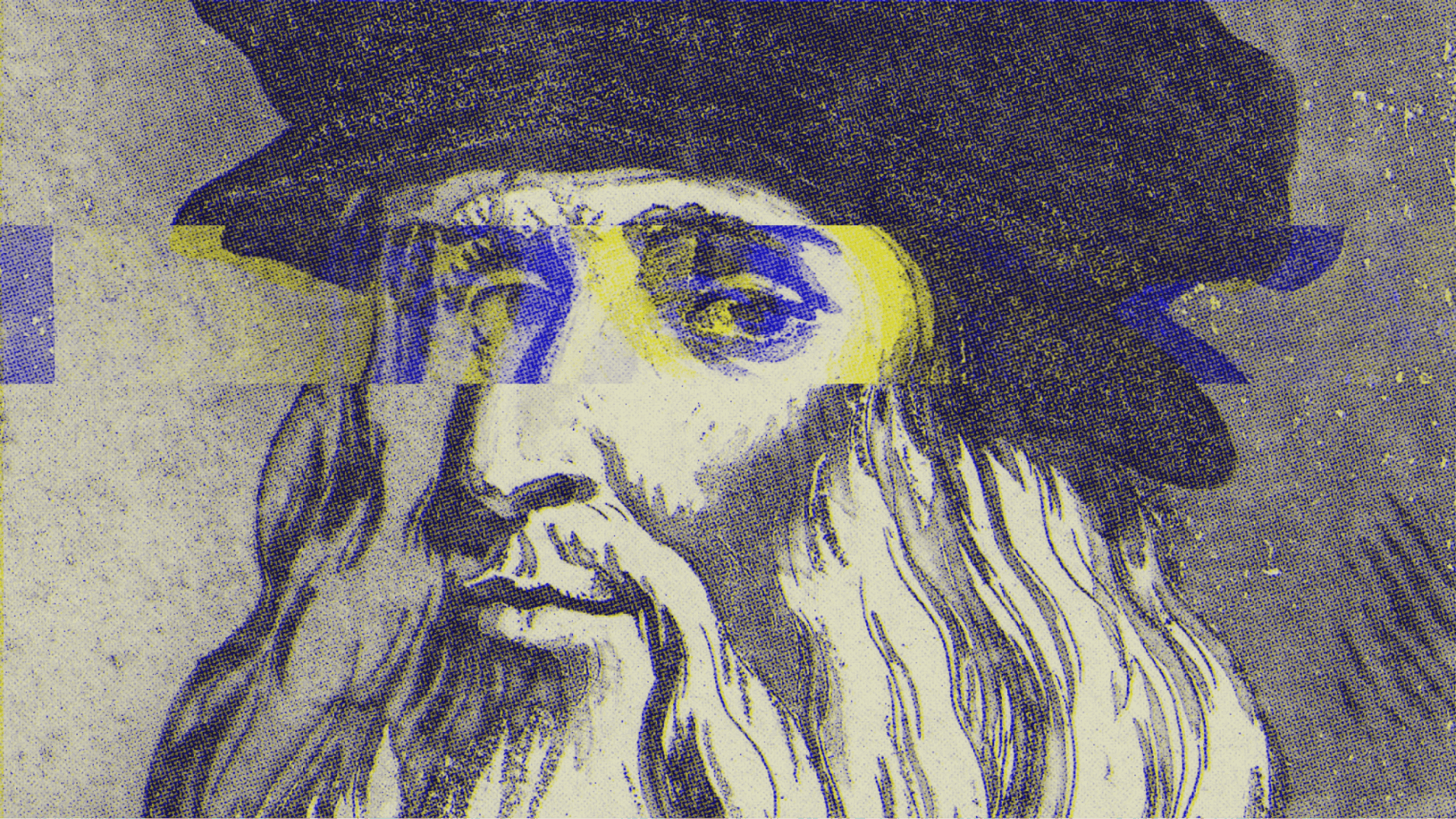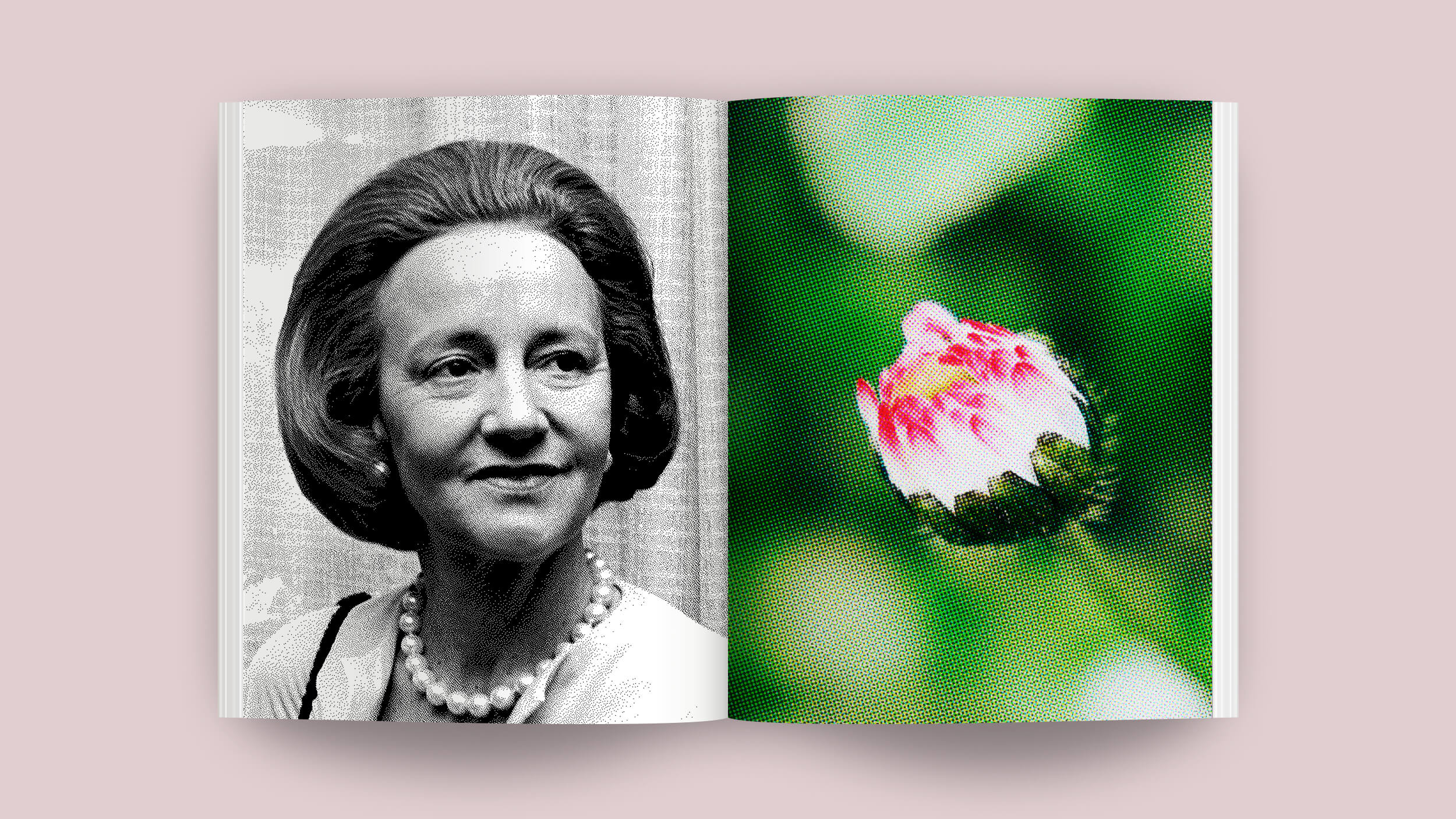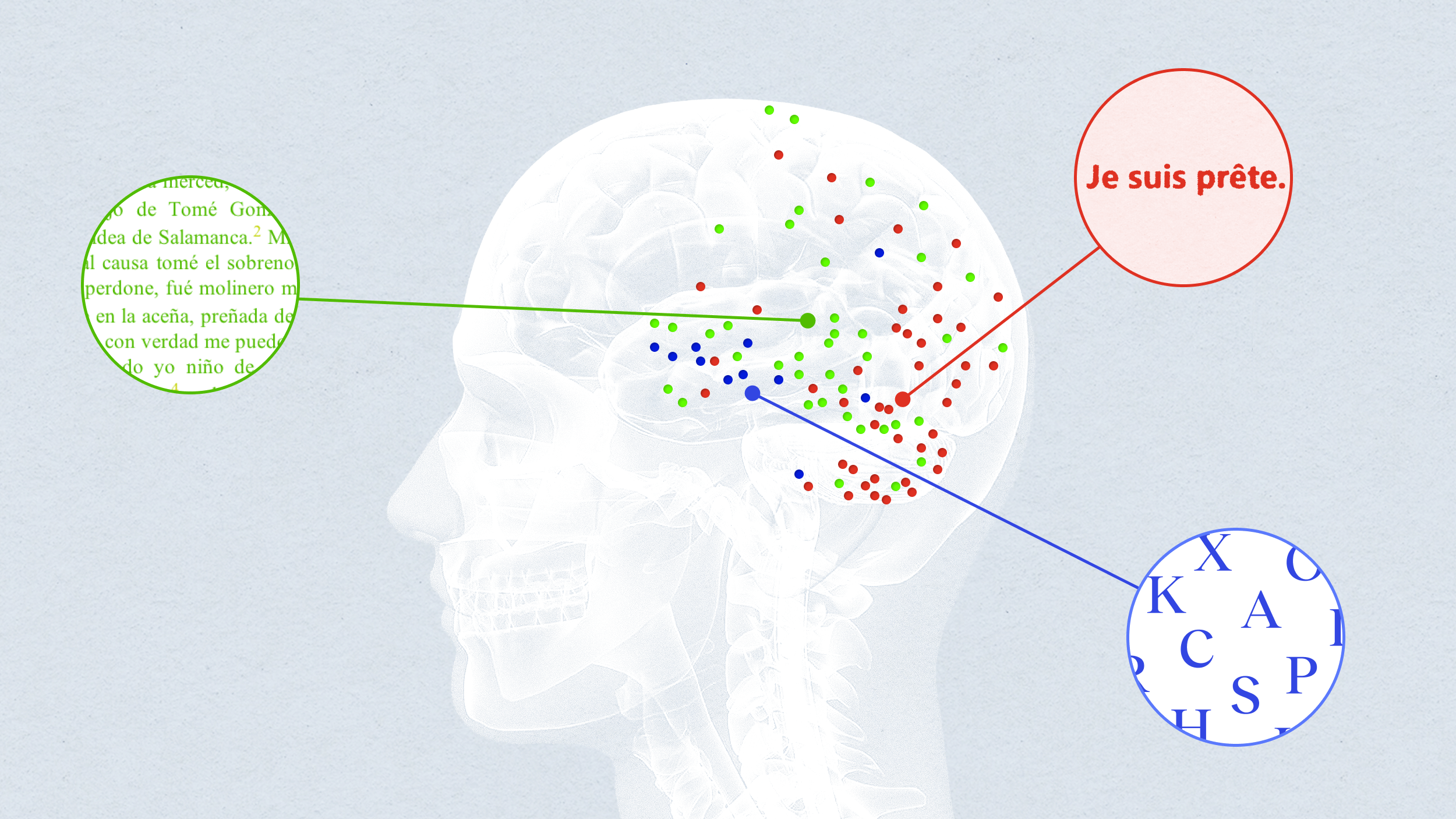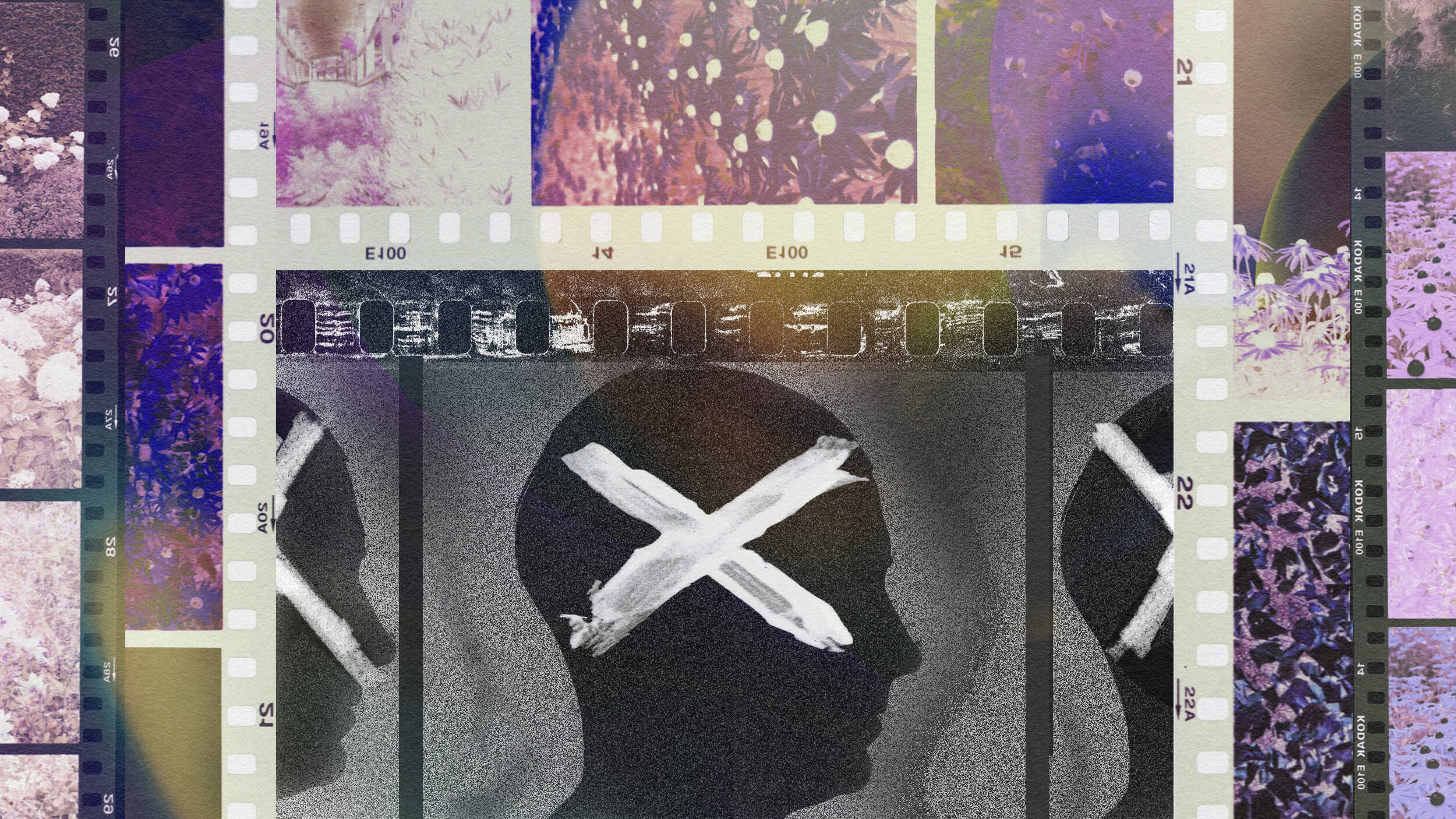Filmmaking is a wonderful job, says Edet Belzberg.
Question: Have technological innovations made filmmaking easier?
Edet Belzburg: Yes, in a profound way. I mean, one, just the size of the cameras, you know, that we can, I mean, boot camp would’ve been so difficult without it. But we were able, I mean, this is something that I didn’t mention. One of the things that, I think, that-- one reason why we were able to also get to be with them so much, through some of those very trying experiences, is that we were doing them with, you know, when they would go on the 12-mile road march, we were doing it with them. And I think that, whenever we were there, we were with them and doing the exercises with them as much as possible. And I think that was very important to getting into their rhythm, to understanding what the soldiers were going through, to understanding what the sergeants were doing. So that was a very important aspect. And with that, you know, the fact that I could be doing those exercises while holding a camera, you know, is really a huge change, you know, that would not have been possible ten years ago. And so that’s one. And then, two, just the ability to edit and to screen material, you know, while you’re on location is just unbelievable, and it just helps you do so much more.
Question: What type of research do you do before you begin a documentary?
Edet Belzburg: It depends on the subject. But with Children Underground, I did quite a bit before I took my first trip over there, which was very interesting. Because I had spent about, you know, four to five months just researching what was happening and then took my first research trip over there and quickly realized that what the street children were going through there was far worse than anything I’d read or seen or anything that had been documented, which, you know, strengthened my resolve to tell their story as true-- to tell their story. I think that you have to do a lot of research, but nothing can prepare you as much as actually going to a cer-- you know, going to the place where your story’s taking place and speaking with everyone and being there, becoming a part of that world and understanding that world. So I think you do have to do research and then actually just-- and then just dive in.
Question: Why do you love what you do?
Edet Belzburg: I don’t think I can make these films about people if I didn’t want to be with them and to understand them and to just spend time with them. I think it’s ultimately meeting people who I wouldn’t otherwise meet and being able to take their stories and show it to other people who otherwise wouldn’t meet them and understand them and be a part of their world. And so I think it-- that to me is a gift to be able to enter the lives of people and also have them share with me their lives in a really deep way and then trust me to tell their stories to the world. You know, and that trust and that relationship is very important to me and is one of the reasons why I love what I do.
Question: What other filmmakers are making inspirational work?
Edet Belzburg: There are lots of filmmakers that are doing really phenomenal work. One who has clearly inspired you, Errol Morris, for many different reasons. I think the films that he’s made and is making are great. And, my god, there’s so many filmmakers out there today who are do-- there’s so many more films out there today. So the list is long. But I think it’s an incredible time for filmmaking and especially for documentary filmmaking, in part, because technology has made it more accessible. And people are really telling stories that need to be told that aren’t told today by, I think, mainstream media.
Question: How does it feel to be on the other side of the camera?
Edet Belzburg: you’re totally right that this setup is-- because it removes the energy. You know, because it takes a long time to develop a relationship with a person where they do feel that comfort. And removes, you know, and there’s this immediate-- you only feel yourself here. Although there is someone else here who’s very quiet. But it’s disarming, unbelievably disarming. So how does it feel? I feel as vulnerable as many people, I’m sure, have felt in my position. And I hope you will be as kind.
Recorded on: 07/16/2008





